Every year, millions of people around the world suffer from depression. They face severe consequences because of their symptoms. Sadly, some people do not get proper help.
Symptoms like feeling sad, anxious, or changes in eating habits are common. These symptoms can lead to different levels of depression.
“What are the 5 levels of depression?” This question reflects a common curiosity about the complexities of depression.
In response, mental health experts have broken down depression into five levels. Each has its characteristics.
At Premier Mental Health Healing Pathways, our expert assists with different mental health issues like depression Anxiety, and Trauma.
Let’s take a closer look at the different types and levels of depression.
What is Depression?
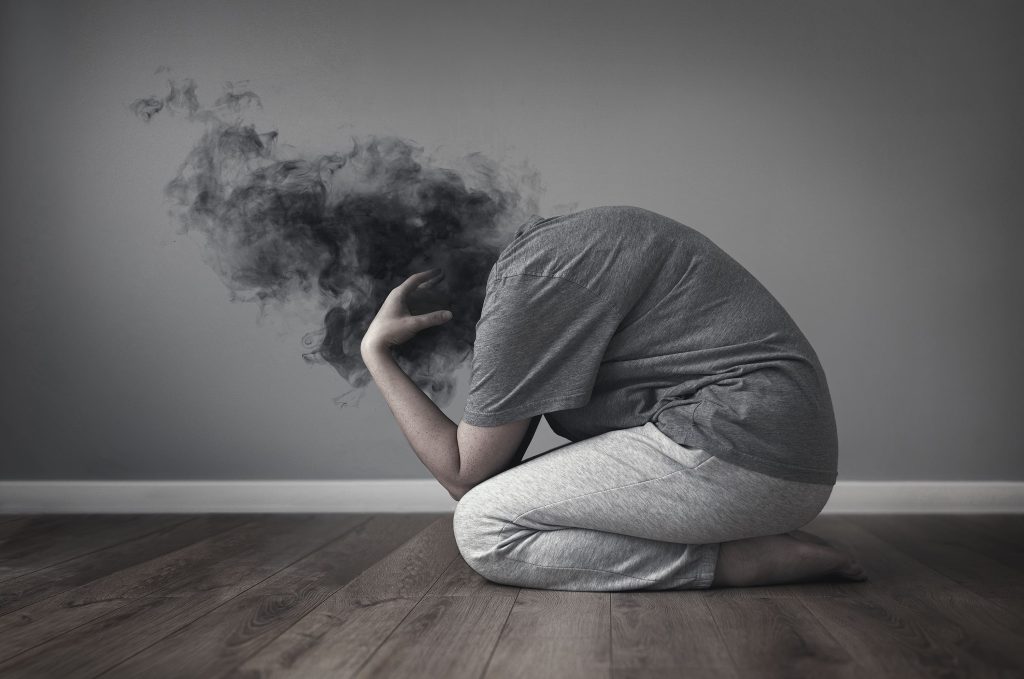
Depression is a mental health disorder. It is also known as major depressive disorder or clinical depression. It can affect a person’s thoughts, emotions, behavior, and physical well-being.
Some common symptoms of depression include:
- Persistent sadness or low mood
- Loss of interest or pleasure in activities once enjoyed
- Changes in appetite or weight
- Difficulty sleeping or oversleeping
- Fatigue or loss of energy
- Feelings of worthlessness or guilt
- Difficulty concentrating or making decisions
- Thoughts of death or suicide
Depression ranges from mild to severe and can significantly impact daily functioning and quality of life. In shorter typology, it’s a complex mental illness marked by various symptoms and severity levels.
The Different Types of Depression
- Major Depressive Disorder (MDD)
Major Depressive Disorder is when depression hits harder. It brings intense feelings of sadness, hopelessness, and worthlessness.
Sleep and appetite changes, trouble concentrating, and thoughts of suicide are common.
The connection between major depressive disorder (MDD) and suicide is both complex and significant. Depression stands out as one of the most common risk factors for suicidal behavior.
Persistent Depressive Disorder (Dysthymia)
PDD is also known as dysthymia. It involves experiencing depressive symptoms that last for at least two years.
While the symptoms may not be as severe as those in MDD, they are chronic and can significantly impact daily life.
People with PDD may have periods of feeling better, but the symptoms typically return.
- Bipolar Disorder
Bipolar Disorder involves episodes of both depression and mania. During depressive episodes, people experience symptoms similar to those of major depression.
Manic or hypomanic episodes are characterized by increased energy and impulsive behavior.
- Psychotic Depression (Morbid depression)
Psychotic depression (Morbid depression) is known as major depression in psychology. Psychotic depression or major depressive disorder adds another layer of complexity.
It combines severe depression with psychosis, which can include delusions.
It’s like feeling deeply sad while also seeing or believing things that aren’t real.
Are you aware of which psychological disorder is characterized by major disturbances in thought? I have some exciting information to share, and it’s valuable information.
Schizophrenia is a psychological disorder marked by severe disruptions in thought patterns, including hallucinations, delusions, and disorganized thinking.
These disturbances can profoundly impact a person’s perception of reality and ability to function in daily life.
- Seasonal Affective Disorder (SAD)
Seasonal Affective Disorder (SAD) can be considered a type of Nondysphoric depression. SAD is a kind of depression that happens during fall and winter when there’s less sunlight. It affects some people more during these darker months.
Symptoms often include low mood, fatigue, increased sleep, and weight gain. Light therapy, psychotherapy, and medication are common treatments for SAD.
- Vital Depression
Vital depression refers to a severe form of clinical depression characterized by physical symptoms such as significant weight loss, insomnia, and fatigue, in addition to emotional distress.
It often requires intensive treatment and can significantly impair daily functioning.
What Are the 5 Levels of Depression?
The process of coping with a depression diagnosis can be likened to the Levels of grief outlined by Dr. Kübler-Ross.
These levels of depression are Denial, Anger, Bargaining, Depression, and Acceptance.
But it’s important to know that only some go through all these levels, and they only sometimes happen one after the other.
1.Denial and Isolation
In the beginning, people may not want to admit they are unfortunate, thinking they can handle it alone.
2.Anger
When they can’t ignore feeling depressed anymore, they may get angry at themselves or the things around them. Anger, guilt, and anxiety are most closely associated with this level.
3.Bargaining
Bargaining involves trying to make deals to escape depression. It often comes with feelings of guilt and blaming oneself.
4.Depression
Depression often brings about a sense of profound isolation, as individuals feel disconnected.
5.Acceptance
The final level involves acceptance of depression and its impact and finding a sense of peace and understanding.
How to Describe Depression to Someone?
Explaining depression to someone who doesn’t understand it can be challenging.
People who haven’t experienced it may think you can snap out of it, but it’s not that simple.
Depression can make you feel worthless, hopeless, and constantly sad. It’s important to talk openly with supportive people and help them understand what you’re going through.
Treatment, like therapy or medication, takes time, so patience is key. Getting help from professionals can make a big difference too.
Does Medication Work for Depression?
Yes, medication can be effective for treating depression in many cases. Healthcare professionals often prescribe antidepressants to ease depression symptoms.
These drugs work on chemicals in the brain that affect mood. However, not all medications work the same for everyone. Sometimes, it takes trying different ones to find what works best.
It can also take a few weeks for the medication to start working. Usually, medication is used along with other treatments like therapy and lifestyle changes.
Working closely with a doctor is essential to find the right treatment plan for you.
Treatment for Depression
Typically, the standard procedure for treating depression includes DSM-5 major depressive disorder with psychotic features.
It usually involves steps like physical exams, lab tests, mental evaluations, and using the DSM-5 guide.
Following these steps, doctors usually suggest both therapy and antidepressants.
But ketamine’s arrival has transformed depression treatment dramatically.
Ketamine is thought to work by affecting neurotransmitters in the brain. These neurotransmitters play a crucial role in controlling mood and its link to depression.
Conclusion
To sum up, “What Are the 5 Levels of Depression?” Depression is a complex condition that manifests in various forms and severity levels.
Understanding varying levels of depression helps people recognize symptoms and take suitable treatment.
It’s essential to remember that depression is a treatable condition.
With the right help, individuals can find relief and regain control of their lives.
If you or someone you know is struggling with depression.
Don’t hesitate to contact us at Premier Mental Health Healing Pathways to get a mental health professional for help and support.
FAQs
Q: How can I support someone with depression?
Supporting someone with severe depression means being empathetic and non-judgmental. Please encourage them to seek professional help.
Q: Are these all symptoms of major depression?
- Persistent sadness or low mood
- Loss of interest or pleasure in activities once enjoyed
- Changes in appetite or weight
- Feelings of euphoria or extreme happiness
All of the following are symptoms of major depression except Feelings of euphoria or extreme happiness.
Q: Can depression vary in severity?
Yes, depression can vary in severity from mild to severe.
Q: What should I do If I think I am depressed?
If you suspect you are experiencing depression, it’s essential to seek help from a mental health professional.
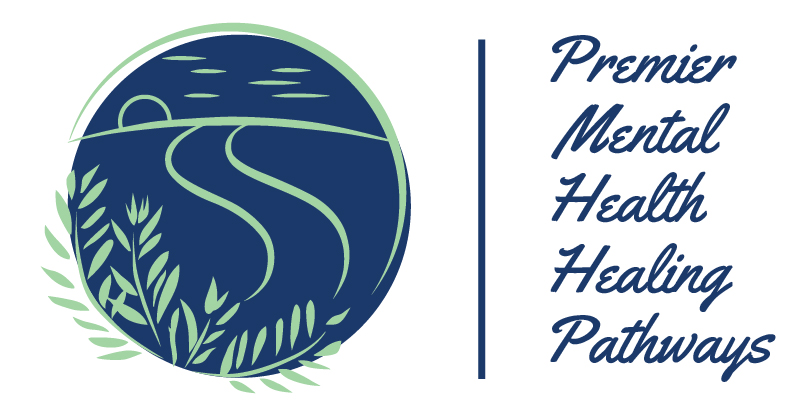
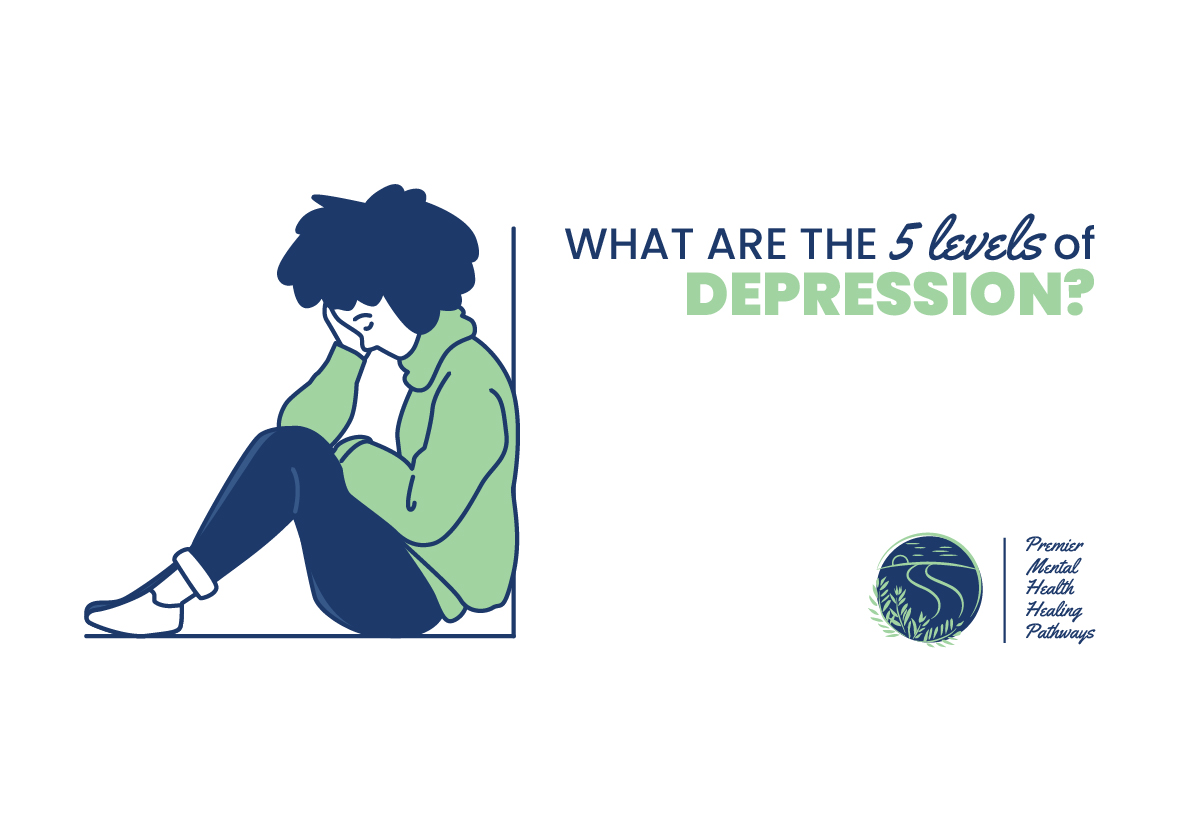

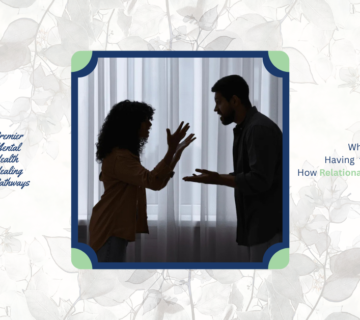
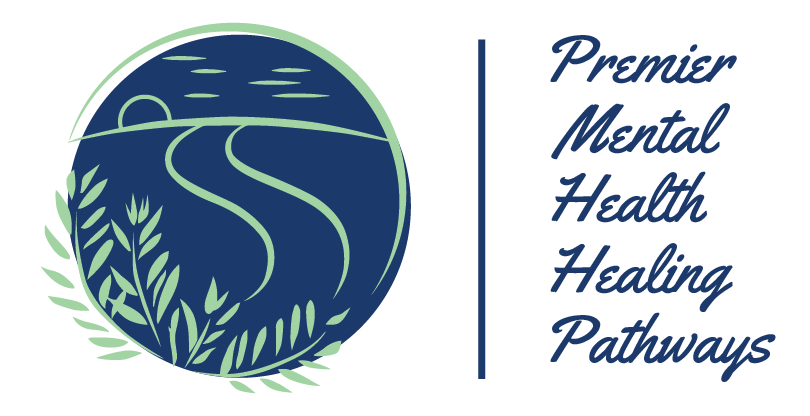
No comment